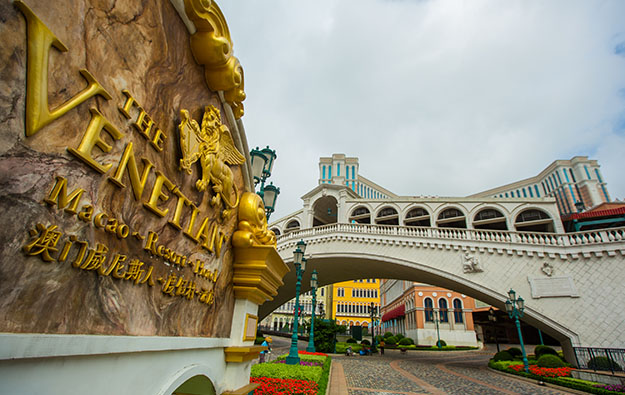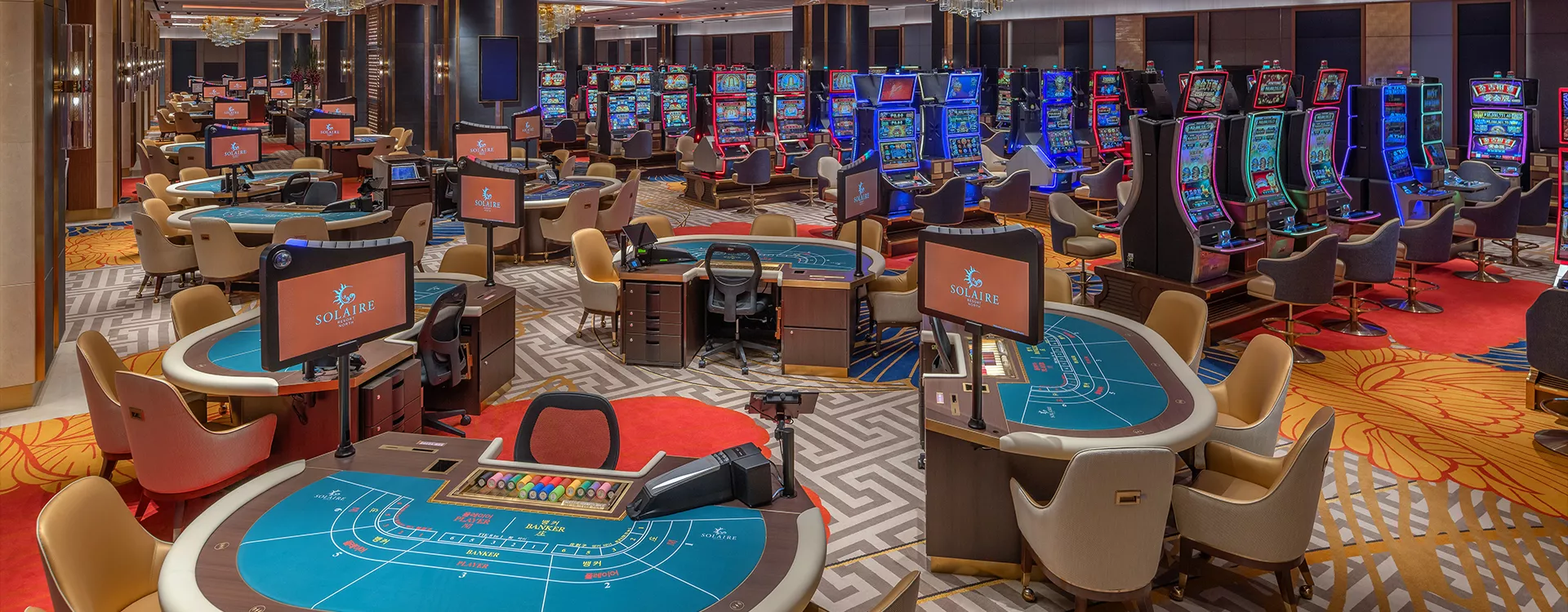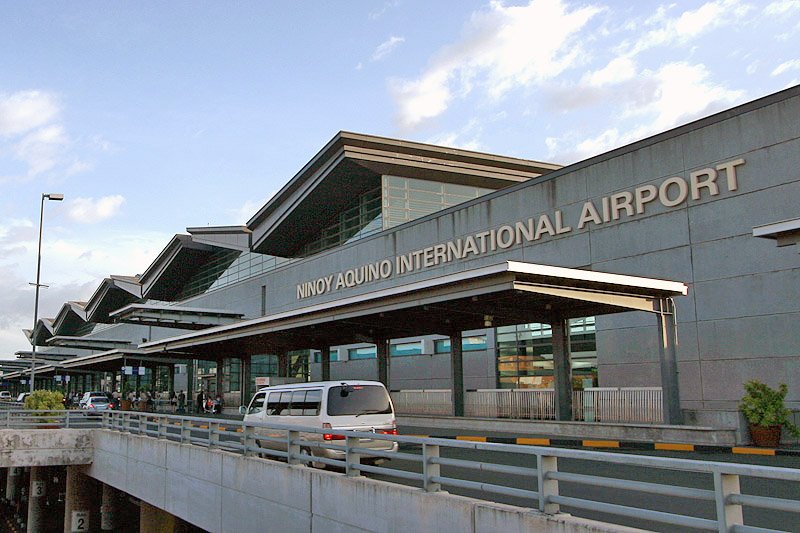LVS recovery staying ahead of cash outflow: Moody’s
Oct 17, 2024
Newsdesk
Latest News, Macau, Singapore, Top of the deck
 

Casino group Las Vegas Sands Corp’s (LVS’s) retained cash flow to net debt ratio could rise to 33.0 percent in the next 12 to 18 months, from 28.8 percent in the 12 months to June, said Moody’s Investors Service Inc in a recent note.
Post-pandemic recovery of business meant that retained cash flow should hold up, even amid dividend payments, indicated Moody’s.
The ratings house noted: “LVS has historically returned a significant amount of capital to its shareholders.
“Partly mitigating this concern is that LVS’s consolidated EBITDA [earnings before interest, taxation, depreciation and amortisation] in normalised operating environments has more than covered cash outlays for cash dividends and distributions, maintenance capital expenditures, and the repurchase of common shares.”
United States-based Las Vegas Sands runs casino resorts in Macau via its unit Sands China Ltd. The parent also controls Marina Bay Sands in Singapore, one half of that city-state’s casino duopoly. The group sold off its Las Vegas, Nevada operations, in a deal completed in February 2022.
Moody’s noted that Las Vegas Sands had suspended the company’s dividend programme from April 2020 to July 2023, resuming payments in August last year.
The ratings house said Las Vegas Sands’ dividend policy now costs approximately US$150 million on a quarterly basis.
The group has also repurchased shares, with US$645 million in share repurchase authorisation available through to November 2025. Moody’s noted the group had repurchased close to US$1.36-billion worth over the last 12 months.
The Sands China unit will in likelihood resume dividend payments in 2025, suggested banking group Morgan Stanley in a note at the end of September.
Las Vegas Sands’ investment-grade senior unsecured credit rating of ‘Baa3’, with a ‘stable’ outlook, was “supported by the high quality, popularity, and favourable reputation of its casino properties,” and “long-term” gaming demand in its markets, said Moody’s.
The ratings house noted that the parent expected “roughly” US$1.5 billion in capital expenditure for this year, with a further US$$1.15 billion in 2025.
Of this total, “about US$1.2 billion was scheduled for Phase 2 renovations at The Londoner Macao, as well as US$750 million for Phase 2 renovations of Marina Bay Sands’ Tower 3,” noted Moody’s.
The institution added that Las Vegas Sands had “strong” liquidity, with over US$4.7 billion of consolidated cash and nearly US$4.4 billion of undrawn revolving credit facility capacity.
“The company’s operations have recovered significantly, with free cash flow of approximately US$1.6 billion for the 12-month period ended June 30, 2024,” Moody’s stated.
Maintenance capital expenditures were estimated at US$325 million annually. “We expect the company to generate strong positive free cash flow levels over the next 12 months,” said the ratings house.
Moody’s stated that “key credit concerns” included the likelihood that Las Vegas Sands “will continue to pursue further and significant global casino resort development opportunities that will likely be funded largely with debt, leading to temporary leveraging”.
The casino group has long expressed qualified interest in Thailand, a country now exploring a path to casino legalisation. Las Vegas Sands had previously stepped away from an effort for a casino licence in Japan, citing concerns about terms and conditions.







